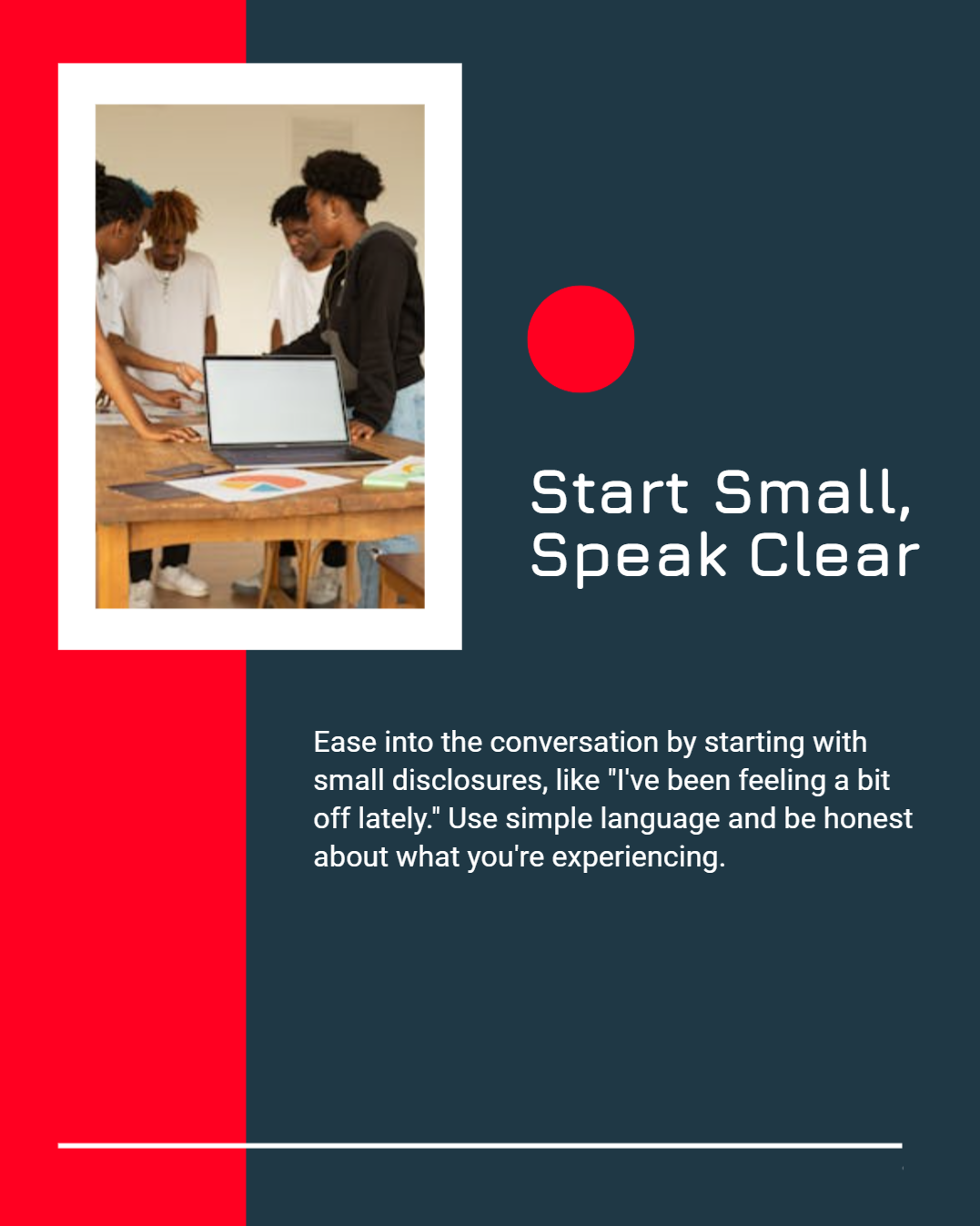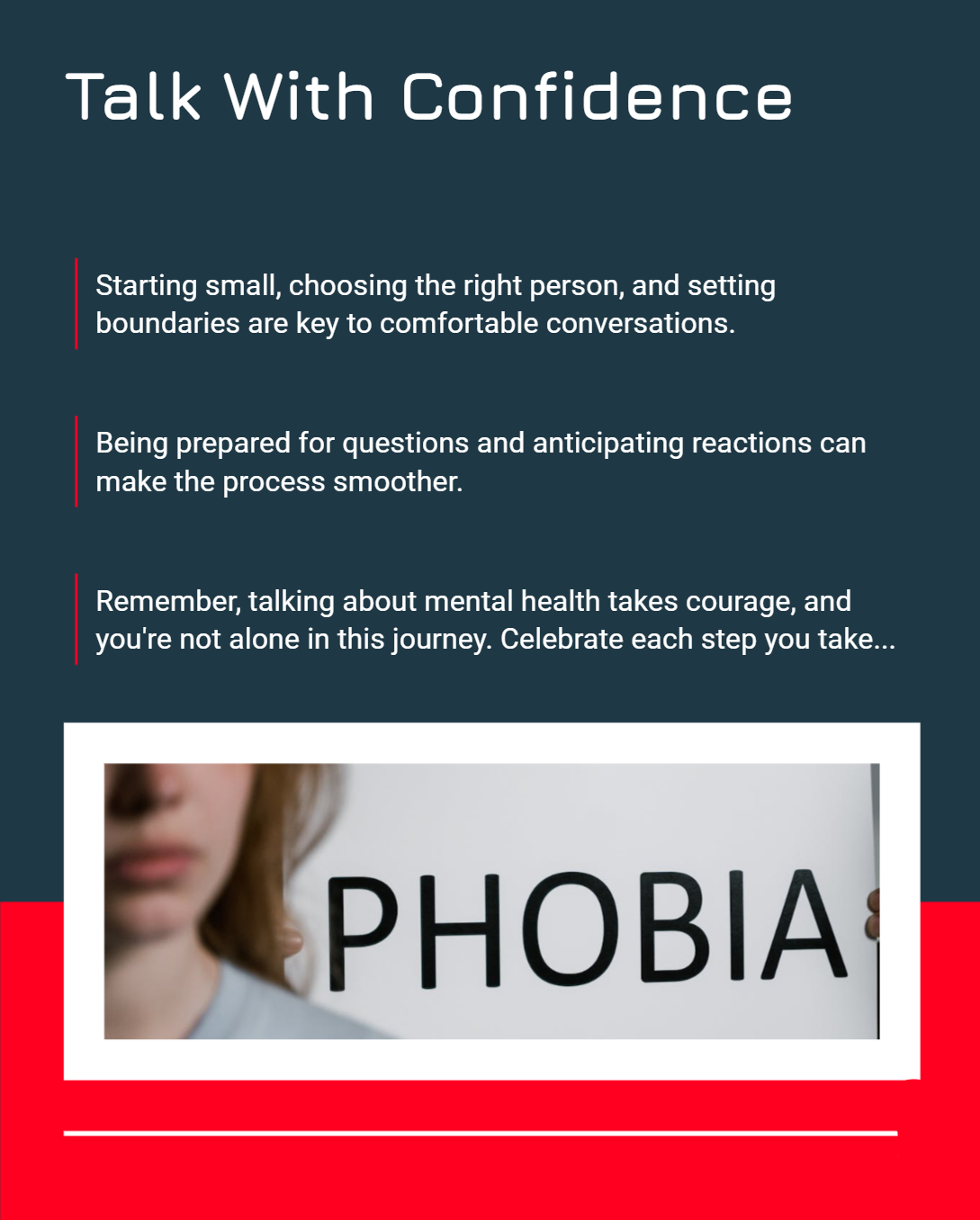
Mental health is an integral part of our overall well-being, yet discussing it can feel uncomfortable or even awkward at times. This article offers actionable advice to help you confidently talk about your mental health in a way that feels natural and constructive.
Sharing your thoughts and feelings about mental health can lead to stronger relationships, better understanding, and access to the help you need. It’s also a step toward breaking the stigma that often surrounds mental health issues.
The awkwardness often comes from a fear of being judged, misunderstood, or labeled. Recognizing these feelings is the first step toward overcoming them.

Selecting someone you trust is key. This could be:
Talking about mental health isn’t something to do in a rushed or chaotic environment. Choose a time when you and the other person can focus without distractions.

If opening up fully feels overwhelming, start with small disclosures. For example:
Starting small reduces the pressure and allows the other person to gauge how to respond.
You don’t need to use complex terms or go into deep detail. Speak honestly and simply about what you’re experiencing.

People may react differently based on their own experiences and understanding of mental health. Common reactions include:
People often ask questions to understand what you’re going through or how they can help.
Boundaries are limits you set to protect your emotional well-being.
If talking to friends or family doesn’t feel sufficient, it may be time to consult a mental health professional.
Talking about mental health is a brave step. Recognize and celebrate your efforts, no matter how small they may seem.

Talking about your mental health doesn’t have to feel awkward. By choosing the right person, setting, and approach, you can foster meaningful conversations that lead to understanding and support. Remember, taking that first step is an act of courage and self-care.
It’s natural to feel this way, but remember that your feelings are valid. Start with someone you trust or consider talking to a professional.
Look for traits like empathy, patience, and a non-judgmental attitude. If someone doesn’t respond well, it’s not a reflection of your worth.
Absolutely. Writing can help organize your thoughts and make the conversation easier.
Don’t be discouraged. Try again with another person or seek professional help. The right support is out there.
Listen actively, avoid offering unsolicited advice, and let them know you’re there for them. Encourage them to seek professional help if needed.
By taking small, thoughtful steps, you can talk about your mental health confidently and create stronger connections with those around you.
 07.01.2025
07.01.2025